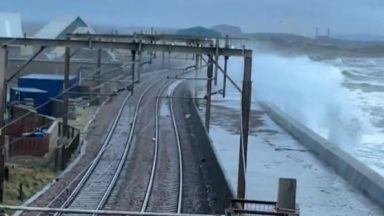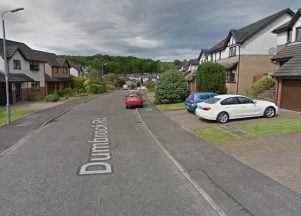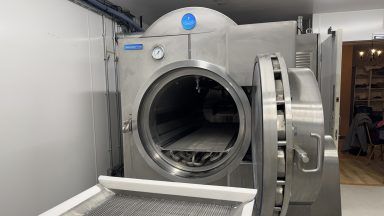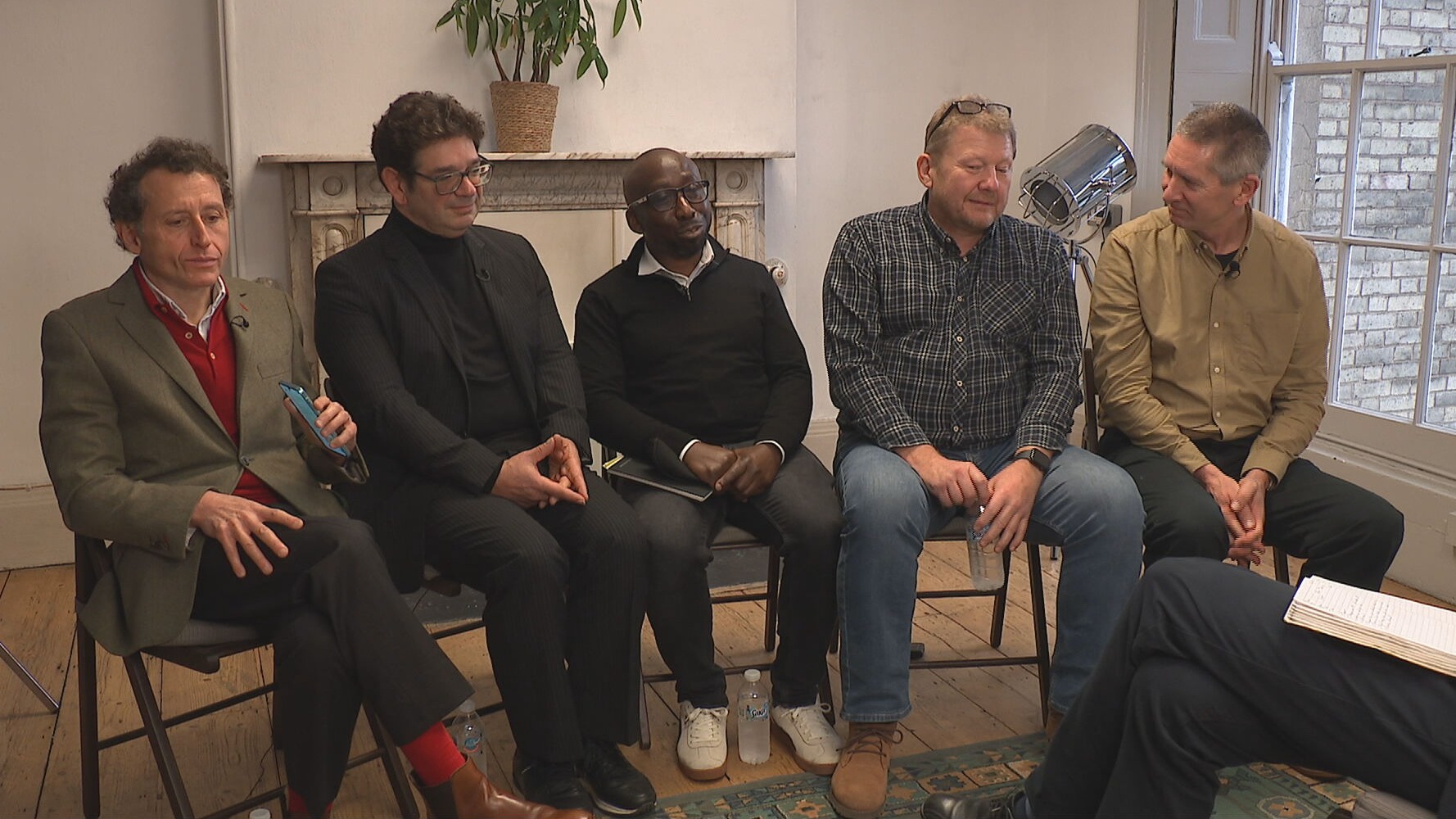The use of community skips across the Western Isles could be suspended from the beginning of October amid concerns over the cross contamination of waste.
The move comes ahead of the expected release of new guidance by the environment protection agency, SEPA, believed to be due at the end of the month, on the collection, treatment and disposal of Waste Upholstered Domestic Seating (WUDS).
Dependent on its age and manufacture, the waste could contain pollutants known as Persistent Organic Pollutants (POPs), which were used in some fire-retardant chemicals on some soft furnishings.
There is also concerns raised about the potential cost to Comhairle nan Eilean Siar of disposing of entire skips full of items on the mainland.
A report on the matter due to go before next week’s meeting of the council’s transportation and infrastructure committee, states that WUDS containing POPs ‘must be collected, sorted and stored in a way that prevents it being damaged,’ to prevent the release of POPs and prevent contamination of other wastes.
Research carried out in 2021 by the Environment Agency, the report states, confirmed that the levels of the chemicals in some items are likely to exceed safe limits of POPs should the products be damaged.
The report confirms that the disposal of POPs to landfill has been prohibited since 2004, and it is expected that in the future, all contaminated WUDS will require treatment at an energy from waste facility.
No such facility exists on the islands, and items will therefore have to be taken to the mainland for treatment and disposal.
The report, by the authority’s head of municipal services, recommends that councillors back a move that could see the community skip service being suspended from October 1, adding that although the community skips are required to be “manned” when open, “the financial risk of the consequences of one item of upholstered furniture being deposited in a skip is severe and lies with the Comhairle”.
But, the report clarifies, that suspension will not apply to the household waste recycling centres, which are licensed sites at Habost, Urgha, Creed Park, Rueval and Garrygall.
In a statement, a council spokesperson said: “Comhairle officers will be contacting the community groups that manage these skips in the near future to alert them to potential changes. We will be able to provide a list of potentially suspended skips once this contact has been made.”
If contaminated, the report states, “all of the contents of the skip would need to be sent to a mainland Energy from waste facility”, and the costs to the council of dealing with a skip containing five tonnes of waste, as outlined in the report, could be in excess of £1,200.
The report identifies the items considered to be WUDS, including sofas, sofa beds, armchairs, upholstered kitchen and dining chairs, stools and footstools, home office chairs, futons, bean bags, floor and sofa cushions.
Mattresses, curtains, blinds, and beds are not considered domestic seating, the report adds, and are not affected.
Items of upholstered domestic seating that is undamaged and in good condition can still be sold for reuse and are only classified as “POPs waste” at the time of disposal, the report states.
Items of domestic seating unlikely to contain POPs include deckchairs and non-upholstered items, including wooden chairs, without a cushioned or textile back, seat, or arms, and new domestic seating (post 2019) that the manufacturer can demonstrate not to contain POPs.
The report concludes that, due to the technical requirements in the treatment of WUDS, it is unlikely to be financially viable for the council to own and operate its own system for their disposal, and the authority is in discussions with Highland Council to enable whole items of WUDS to be sent for incineration at a Highland Council waste transfer station.
POPs are chemicals that persist in the environment, and, the report states, can “bioaccumulate and biomagnify” in food chain organisms including humans, and are toxic.
They also have the potential ‘to be transported long distances’ and are deposited far from their place of manufacture/release.
Follow STV News on WhatsApp
Scan the QR code on your mobile device for all the latest news from around the country


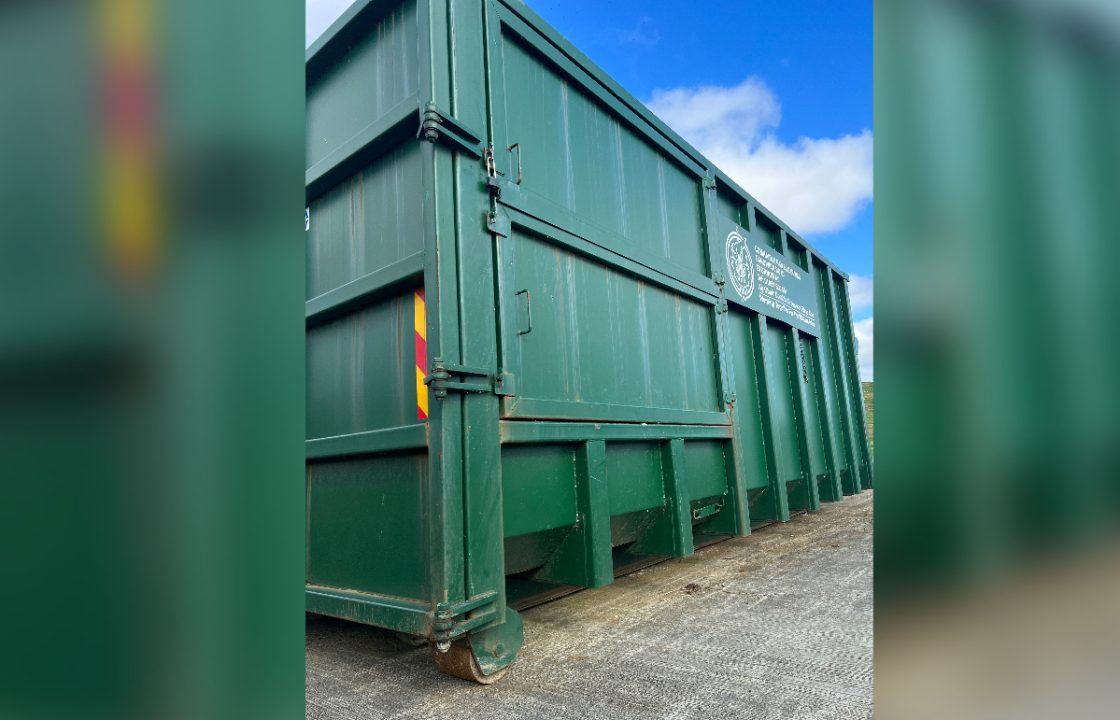 LDRS
LDRS




